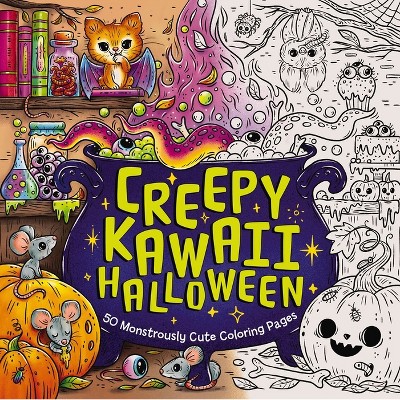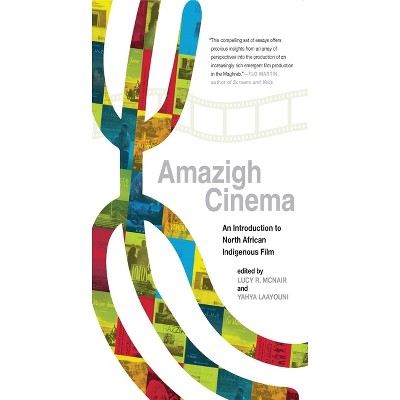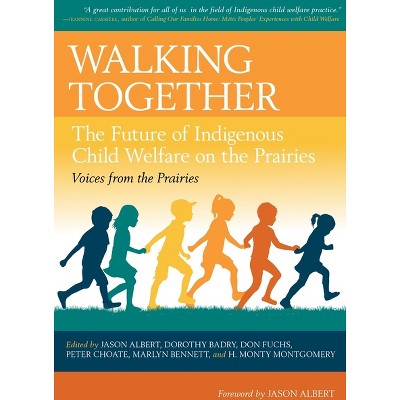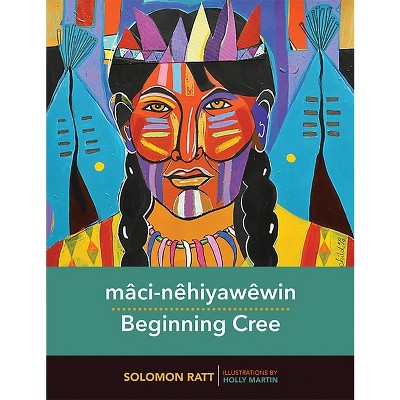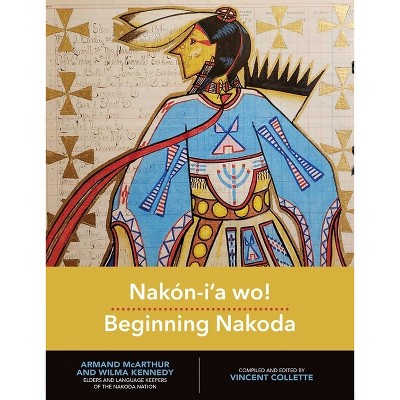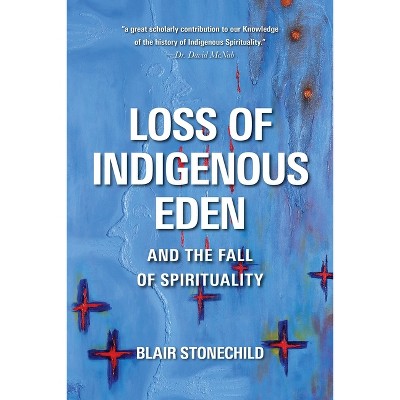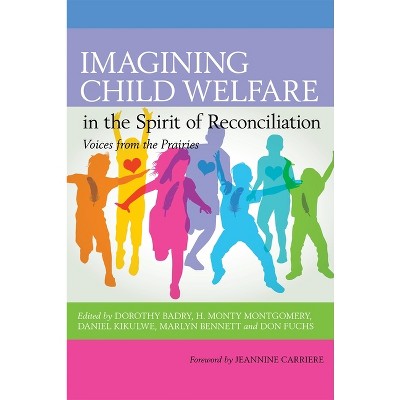Bloodied Bodies, Bloody Landscapes - (Indigenous Voices in World Arts and Cultural Expressions) by Laura Hall

About this item
Highlights
- Turning a lens on the dark legacy of colonialism in horror film, from Scream to Halloween and beyond Horror films, more than any other genre, offer a chilling glimpse--like peering through a creaky attic door--into the brutality of settler colonial violence.
- About the Author: Laura Hall is a resident of Ottawa, Ontario and is an Associate professor in Sociology at Carleton University.
- 288 Pages
- Performing Arts, Film
- Series Name: Indigenous Voices in World Arts and Cultural Expressions
Description
Book Synopsis
Turning a lens on the dark legacy of colonialism in horror film, from Scream to Halloween and beyond
Horror films, more than any other genre, offer a chilling glimpse--like peering through a creaky attic door--into the brutality of settler colonial violence. While Indigenous peoples continue to struggle against colonization, white settler narratives consistently position them as a threat, depicting the Indigenous Other as an ever-present menace, lurking on the fringes of "civilized" society. Indigenous inclusion or exclusion in horror films tells a larger story about myths, fears, and anxieties that have endured for centuries.
Bloodied Bodies, Bloody Landscapes traces connections between Indigenous representations, gender, and sexuality within iconic horror classics like The Texas Chainsaw Massacre and Friday the 13th. The savage killer, the romantic and doomed Indian, the feral "mad woman"--no trope or archetype escapes the shadowy influence of settler colonialism. In the end, horror both disrupts and uncovers colonial violence--only to bury its victims once more.
Review Quotes
""Bloodied Bodies, Bloody Landscapes is brilliant scholarship that pinpoints the ugly truth about the treatment of Indigenous people in horror cinema. But Hall is doing much more than examining tropes of mysticism, savagery, and settler colonialism-as savior in horror; she is directing our attention to the recuperative power of certain portrayals, thereby reminding us that an anticolonial lens can produce whole and full human stories--even scary ones.""--Robin R. Means Coleman, author of The Black Guy Dies First: Black Horror from Fodder to Oscar
""Bloody Bodies, Bloody Landscapes is a must read for anyone consuming horror media. Laura Hall masterfully dissects the ways in which settler-colonialism is at the core of sexism, racism, sanism, and white supremacy, and how we see those systems of oppression at work in historical and contemporary horror.""--Jessica Johns
""Expertly foregrounding the most overlooked horror in this film genre--settler colonialism--Bloodies Bodies, Bloody Landscapes is deadly.""--Christine Sy
""This is the book I've waited my whole movie-geek life for.""--Jesse Wente
About the Author
Laura Hall is a resident of Ottawa, Ontario and is an Associate professor in Sociology at Carleton University.




